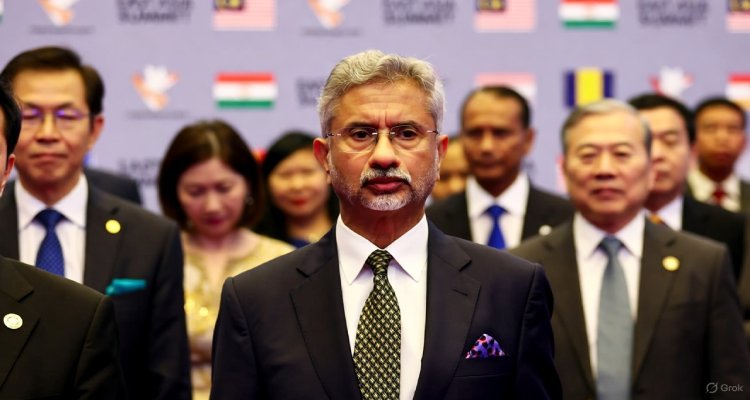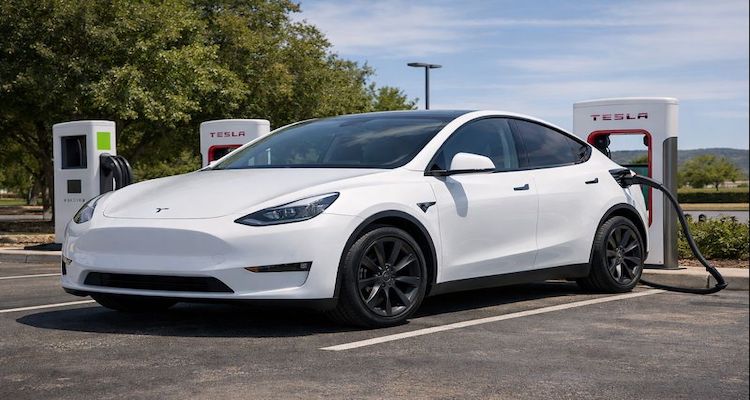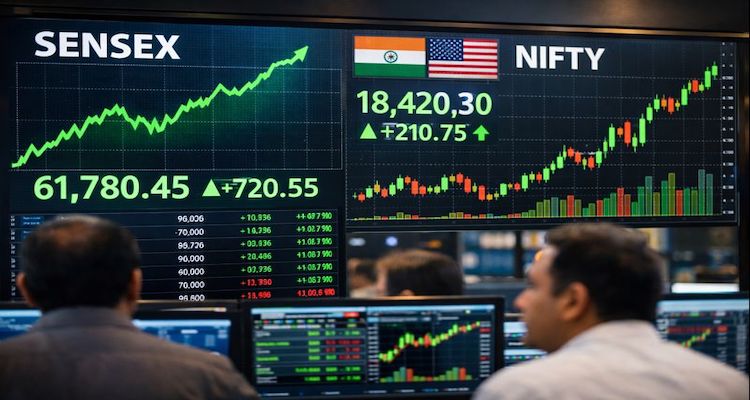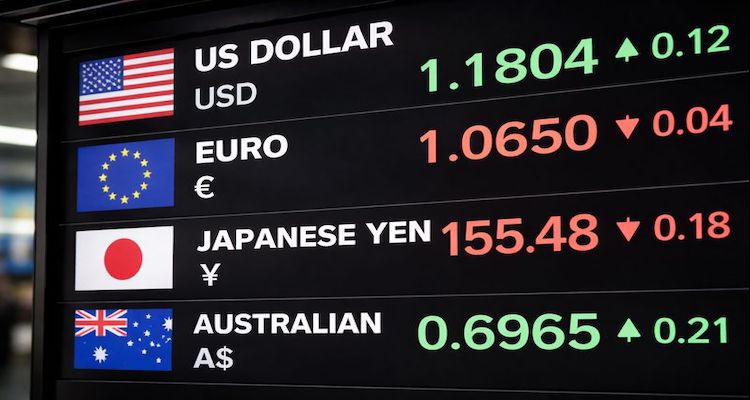Jaishankar Participates in 20th East Asia Summit: India Flags Energy and Market Access Concerns

External Affairs Minister S. Jaishankar attended the 20th East Asia Summit in Kuala Lumpur, raising critical issues on energy trade, market access, and regional cooperation.
Introduction
The 20th East Asia Summit (EAS) in Kuala Lumpur unfolded as a defining moment in the Indo-Pacific’s evolving strategic landscape. External Affairs Minister S. Jaishankar represented India at the high-level forum on October 27, joining leaders from 18 key partner nations in discussing pressing challenges, regional connectivity, and sustainable economic growth. His remarks underscored India’s growing assertiveness on issues shaping the Indo-Pacific order — from energy resilience to equitable market access.
Context & Background
The East Asia Summit, established in 2005, has emerged as the Indo-Pacific’s premier platform for strategic dialogue. It remains the only leader-led forum encompassing all major players in the region — including ASEAN member states, India, China, Japan, South Korea, Australia, New Zealand, the United States, and Russia.
The concept of an East Asia grouping originated in 1991 under Malaysia’s then-Prime Minister Mahathir Mohamad. Over years of evolution, the EAS has grown into a forum that facilitates open and transparent dialogue on political, security, and economic matters of regional importance. As of 2025, the EAS includes 19 members representing over half of the world’s population and roughly 62 percent of global GDP.
The 20th anniversary summit in Kuala Lumpur carried special symbolic weight. It reaffirmed the region’s commitment to dialogue and cooperation amid growing geopolitical frictions and shifting global power dynamics.
Main Developments
Representing India, Minister S. Jaishankar used the occasion to articulate the country’s position on several key issues. He highlighted India’s concerns over what he described as increasingly “constricted” energy trade and selective application of international norms. His remarks reflected India’s emphasis on fair access to resources and market systems that do not disadvantage developing economies.
Jaishankar’s statement also drew attention to the need for transparent trade practices and open sea lanes, both crucial for regional stability and growth. India has consistently maintained that the Indo-Pacific strategy must remain inclusive, rule-based, and supportive of freedom of navigation.
The summit also featured participation from the Presidents of BRICS and G20, who were invited as guests of the Chair. They briefed the attendees on collaborative efforts to enhance economic resilience and promote sustainable growth.
During the Open Session, leaders adopted the Kuala Lumpur Declaration on the 20th Anniversary of the EAS, which outlines the region’s collective vision for deeper cooperation over the next decade. Several thematic statements were also adopted, covering digital transformation, climate action, energy security, and public health.
Expert Insight and Reaction
Regional analysts note that Jaishankar’s intervention at the summit underscores India’s rising confidence in shaping the Indo-Pacific discourse. According to Professor Rajiv Bhatia, a former Indian ambassador to Myanmar, India’s stance highlights “a careful balance between strategic independence and economic engagement.”
Political observers also interpreted India’s emphasis on energy trade as a call for diversified supply chains and reduced dependencies. The ongoing conflicts and disruptions in energy markets have heightened sensitivity among Asian economies reliant on stable flows of oil and gas.
ASEAN representatives, meanwhile, welcomed India’s continued engagement with Southeast Asia under the “Act East” policy. Officials noted that India’s contribution to regional connectivity projects and digital capacity-building has helped strengthen long-term economic partnerships.
Impact and Implications
The 20th East Asia Summit comes at a time when the Indo-Pacific faces rising strategic competition, shifting alliances, and technological realignments. India’s participation and assertive voice at the forum signal its growing regional influence and diplomatic leverage.
Key takeaways from the summit include:
-
Renewed commitment to upholding ASEAN centrality and inclusivity in regional cooperation.
-
Consensus on improving supply chain resilience and clean energy initiatives.
-
Focus on digital transformation, climate resilience, and maritime security as shared priorities.
For India, the summit reinforced its strategic narrative of being both a stabilizing and balancing force in the Indo-Pacific. It also provided an opportunity to advance longstanding economic and security partnerships with ASEAN nations.
The adoption of the Kuala Lumpur Declaration is expected to shape policy discussions across member nations in the next few years, particularly in aligning national development goals with regional frameworks.
Conclusion
As the East Asia Summit marks its 20th year, its relevance as the Indo-Pacific’s flagship dialogue platform remains undisputed. For India, represented by S. Jaishankar, the Kuala Lumpur meeting reaffirmed both its diplomatic agility and its principled approach to regional cooperation — one that values equality, transparency, and shared prosperity.
In an era of shifting global equations, India’s voice at the EAS reflects both continuity in its strategic vision and adaptability to new geopolitical realities. The 20th Summit, while commemorative in nature, stands as a reminder that the path toward stability in the Indo-Pacific lies in dialogue, inclusiveness, and collective growth.
Disclaimer: This article is based on publicly available diplomatic information and independent analysis. It is intended for informational and journalistic purposes only.










